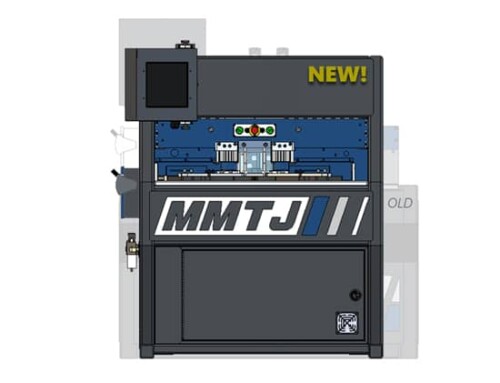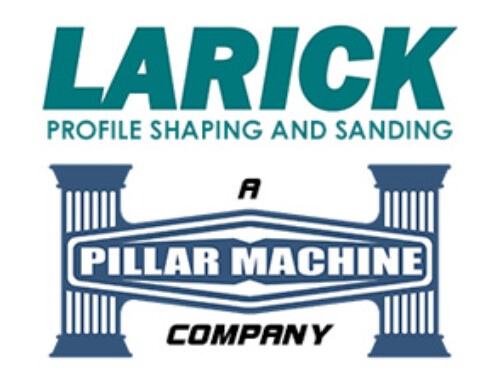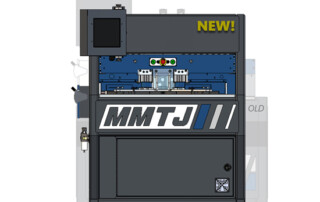CNC machining is a technology that has revolutionized the manufacturing industry. By using computer software to control the movement of machine tools, CNC machining allows for precision and automation in the manufacturing process. This technology has brought significant advancements in the speed, accuracy and efficiency of the production process, and it has created new opportunities for businesses to create products with greater precision and at lower costs. In this blog post, we will discuss the ways in which CNC machining is revolutionizing the manufacturing industry.
One of the main ways in which CNC machining has revolutionized the manufacturing industry is through its ability to increase the speed of production. Traditional machining methods required manual labor and the use of tools to shape and cut materials. CNC machining, on the other hand, uses computer software to control the movement of machine tools, allowing for faster and more precise cuts. This has led to a significant increase in the speed of production, allowing manufacturers to produce more products in less time.
CNC machining has also increased the accuracy and precision of the production process. With traditional machining methods, it was difficult to achieve tight tolerances and precise measurements. CNC machining, however, uses computer software to control the movement of machine tools, which allows for highly precise cuts and measurements. This has led to an increase in the quality of products and a reduction in the number of defective products.
Another way in which CNC machining has revolutionized the manufacturing industry is through its ability to automate the production process. CNC machines can operate 24/7, with minimal supervision and downtime, making it possible to produce products at a faster rate and with fewer errors. Additionally, CNC machines can be programmed to make complex geometries and shapes, allowing for the production of complex parts that would be difficult or impossible to produce using traditional machining methods.
CNC machining has also led to a reduction in the cost of production. By automating the production process and increasing the speed and accuracy of production, CNC machining has allowed manufacturers to produce products at a lower cost. Additionally, CNC machines have a longer lifespan than traditional machines, which can also help to reduce production costs in the long run.
CNC machining has also opened new opportunities for businesses to create new and innovative products. CNC machines can be used to create complex geometries and shapes, allowing manufacturers to produce products that were previously impossible to make. This has led to the development of new products and technologies, such as aerospace and medical device manufacturing. Additionally, CNC machines can be used to produce customized products for specific customers, which can be a major advantage for businesses in the manufacturing industry.
CNC machining technology has also led to the creation of new jobs in the manufacturing industry. As CNC machines become more prevalent, there is a growing need for skilled workers who can operate and maintain these machines. This has led to the creation of new job opportunities for individuals with the appropriate skills and training. Additionally, many companies are investing in the training of their employees to help them learn how to operate and maintain CNC machines.
In conclusion, CNC machining is revolutionizing the manufacturing industry by increasing the speed, accuracy, and efficiency of the production process. This technology has led to a reduction in the cost of production, opened new opportunities for businesses to create new and innovative products, and created new job opportunities in the manufacturing industry. As CNC machining technology continues to evolve, it is likely that we will see even more advancements in the manufacturing industry in the future. With the constant development of new software, machines and tools, the possibilities are endless and it will continue to shape the future of manufacturing






